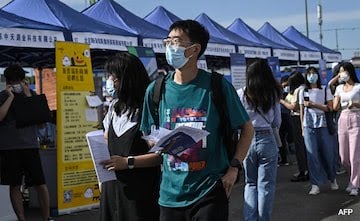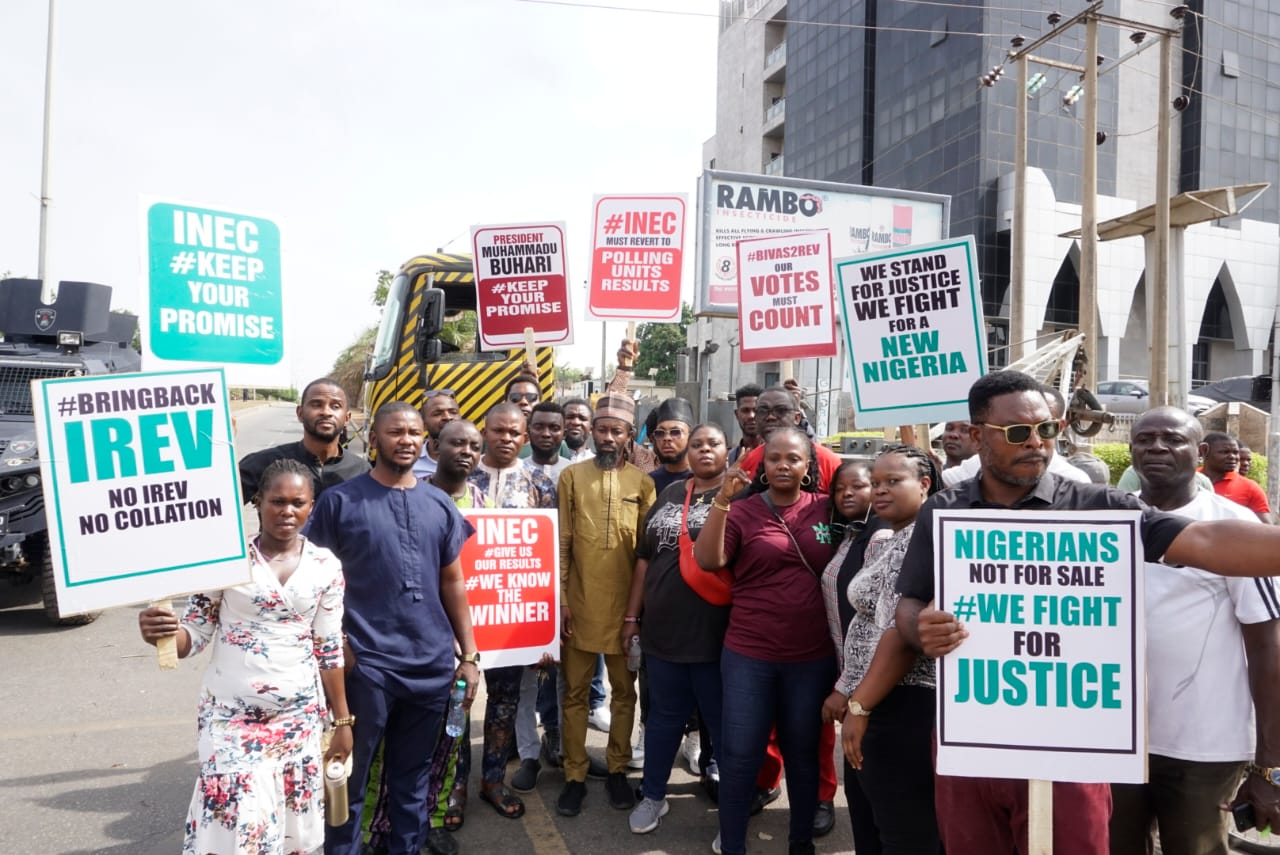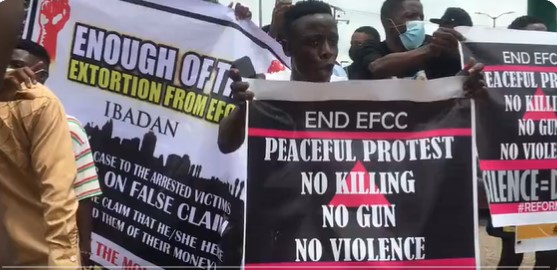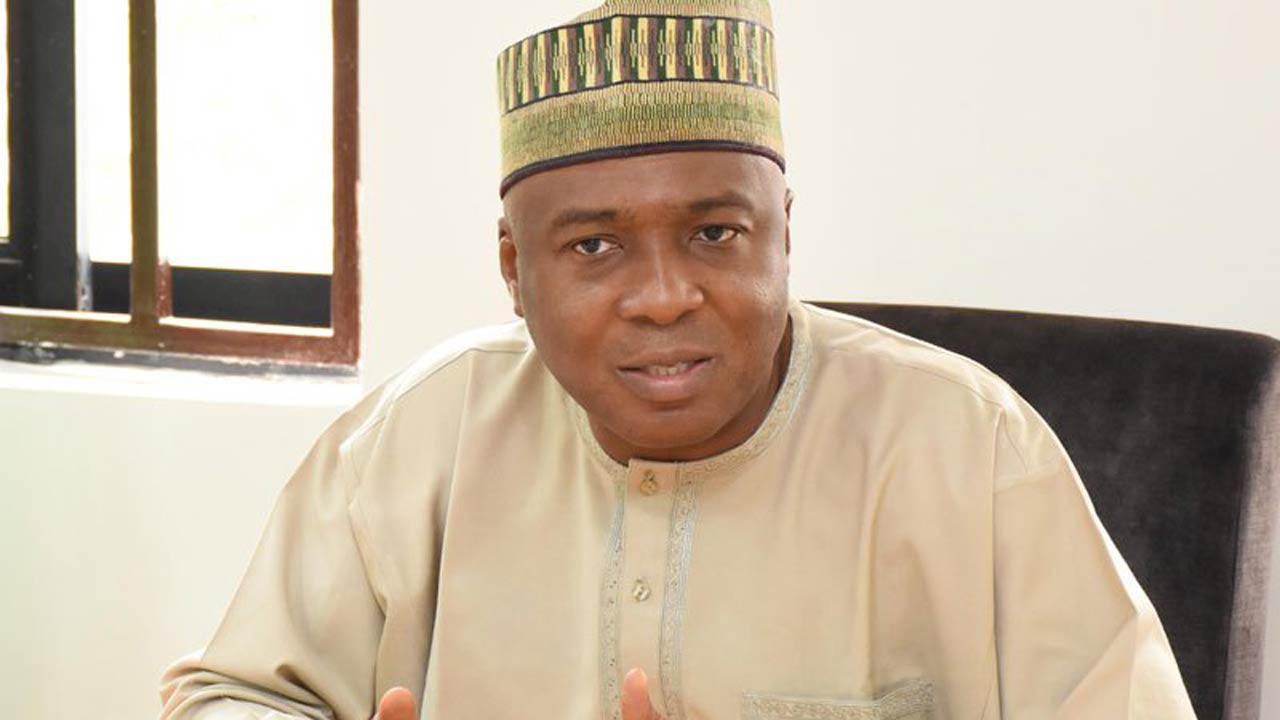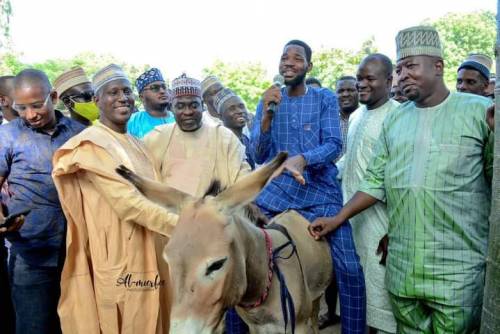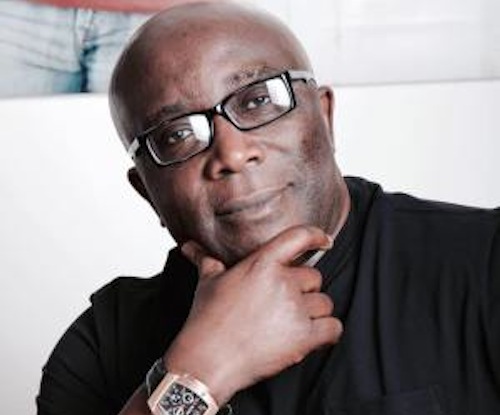Chidi Amuta
The late Burkinabe leader, Thomas Sankara, once opined that a creedless, untrained, half educated man armed and put in uniform by the state is nothing but a licensed criminal. Call that man a Nigerian policeman and unleash him on streets and highways to protect good people and sniff out bad people and you will have completed the creation of a monster. There are few places in the world where the police embodies this frightful caricature as in today’s Nigeria.
For the avoidance of doubt, the Nigeria police remains largely a force for good. In the best of times and places, the police would be the guardian and protector of citizen rights and the first arbiter in inter citizen friction. In a good democracy, the police should protect good people from bad guys and act as the enforcer of law and order. In our 60 years of nationhood, the Nigeria police has performed these roles tolerably. On international peace keeping assignments, the Nigeria police contingents have acquitted themselves honourably most times. But in dealing with the domestic populace that pays its bills, the police has witnessed the same incremental institutional decay that has afflicted most of our public departments over time.
A perennial parody in Nigerian street parlance is the cliché: “the Police is your friend!” However, no one except the police high command who originated it believes this marketing pay off line. Rated easily the worst police force in the world in 2017 by the International Police Science Association on the World Internal Security and Police Index as 127th out of 127 police forces in the world, the Nigeria police has come to represent for the Nigerian public a tainted protector of citizen rights and sometimes a veritable nightmare. Amnesty International has in recent years copiously documented an annual litany of human rights abuses by the Nigeria police. These range from extra judicial killings, torture, illegal detentions, extortion and blatant criminality. A long tradition of systemic corruption has become the signature of Nigeria’s police culture from colonial times to the present. To most ordinary Nigerians, the police checkpoint down the road is nothing more than a private toll gate. The stop and search team on your way home is an extortion ring with well rehearsed antics and choreographed protocols.
But sometimes, the instruments of darkness tell us some good truths. The recent nationwide mass protests against the Special Armed Robbery Squad (SARS) of the police may have yielded a beneficial dividend. The upheaval of spontaneous nationwide citizen protests has revealed the power of contradiction as a force of history. A concerted series of protests against a rogue police formation originally established to combat armed robbery and other violent crimes has ended up as a great galvanizer of youth energy across the nation and beyond.
The Special Armed Robbery Squad (SARS) was no doubt established for good. No one can deny that armed robbery and all manner of violent crimes had become a major challenge far beyond the capacity of conventional police protocols, hence the need for some specialized unit. It is of course unclear whether the existing Mobile Police unit could not have faced this challenge with a bit of targeted training. But SARS was allowed to go rogue by years of systemic abuse. Now the public, especially the vast army of youth, have turned up to angrily reject SARS and its supporting culture of police brutality.
From Lagos to Maiduguri, Sokoto to Yenagoa, Ogbomosho to Enugu, Nigerian youth aged averagely from 14 to 45 have trooped out daily to demand that the government ends the SARS menace and its enabling culture of police brutality.
From several first hand testimonies and citizens experiences in the hands of the SARS squads, the unit had become an instrument of systematic harassment and brutality all over the country. In the eyes of SARS operatives, every other Nigerian youth on the streets going about their legitimate business is deemed a criminal who has to prove his innocence to SARS operative. In their violent but hasty encounters with innocent citizens, SARS officers were the trial judges, the jury and sometimes the instant executioners. They could readily clamp their victims in crowded police cells, detain them in dinghy police stations, ferry them around town in unfriendly vehicles or reluctantly release them on the payment of a hefty ransom.
In extreme cases of recalcitrant or bold suspects, they are either tortured, or ‘wasted’, another name for routine extra judicial killings. Many young lives were wasted this way without any accountability. Clearly, then, SARS went beyond its mandate of apprehending real armed robbers and other dangerous criminals but instead zeroed in on profiling and harassing mostly young citizens.
This rogue police outfit morphed into an instrument of social discrimination and nefarious citizen profiling. To qualify for the SARS brand of jungle visitation, their victims only needed to be young, wear braided hair, faded or ripped jeans, carry a laptop computer, some wireless device or a smart phone. They had unconsciously consecrated our youth into a distinct identifiable tribe fit only for routine harassment or instant execution if need be. Often, young people were profiled by their choice of career: footballers, information technology, music, acting, blogging, etc. At other times, their crime was their choice dress codes: t-shirts, jeans, bracelets, good wrist watches. At times, it could be their mode of transportation: decent cars, SUVs or power bikes. Even their mode of speech was criminalized: their real or conscious affectation of American English or some other Western accent of their choice. In depressing instances, it was their boldness in demanding to know why they were being stopped and frisked on the road. Their simple assertion of assertion of their rights as citizens of a free society in a country they are proud to call theirs became a crime by the laws of SARS. Young people were criminalized for the contents of their electronic devices devices- SMS or Whatsapp messages to friends and associates or bank statements showing their legitimate earnings and transactions. If you were adjudged rich by these goons, you were a criminal unless you proved otherwise.
The most ridiculous development in the decadent metamorphosis of SARS was when they extended their mandate to the fight against cyber crimes. No one has explained to us how a hardly literate policeman on the streets would be an investigator of complex cyber crimes involving complex computer hacks and code breaking. These are crimes that require the expertise of knowledgeable and dedicated teams at dedicated police departments with specialized training and specially trained personnel working with other security agencies to uncover the conspiracies and networks of cyber criminals who often operate through complex international networks. But in the eyes of greedy SARS extortionists, every youth that fitted into their peculiar profiling template was a suspect that needed to be arrested, instantly processed, hastily investigated, arrested, detained or executed as the inquisitor may deem fit.
Before our very eyes, the state created and encouraged the thriving of a killer gang, an invidious force of social destabilization. Recent footages of atrocities by SARS squads went viral on the internet and infuriated a cross section of Nigerian youth and concerned parents. Spontaneously and with incendiary anger, the youth have risen to challenge the state to scrap this nefarious outfit and investigate its crimes. From major urban centres across the nation, throngs of youth powered by social media influencers and sundry celebrities trooped out in droves to protest te excesses of this devilish squad. This is not the first time. Over two years ago, sporadic protests against SARS had swept through parts of Lagos and Abuja. Government then made some tepid noises. No concrete action was taken to rein in the errant cops or bring the worst of them to book. Now the real gale has swept through the nation, bringing together a rainbow of voices from across the nation.
The message seems to have sunk home at last. The government has decided to scrap SARS all over the country. In addition, it has announced a new police unit, SWAT, to combat violent criminals. Moreover, the atrocities of the rogue outfit are to be investigated and where necessary compensations could be paid to families that heave suffered irreparable loss as a result of the excesses of SARS. No one is sure whether these hurriedly announced measures are enough to assuage the anger and restiveness of a virtual youth army that has been activated and charged to call out the government on sundry human rights abuses and brutal police practices.
Underneath the SARS protests, a few conspicuous benefits have come as unintended consequences. Nigerian youth, hitherto seen as largely docile, divided and apolitical have found a voice around a unifying subject. In the process, they seem to have discovered their strength in numbers and sheer diversity. How they will react to future aggravations, including political grievances, is now clearly discernible from the anti SARS protests. A certain undercurrent of political restiveness has been clearly discernible from the flaming voices in the protests.
The anti SARS protests represent a vernacular for so many other things that are hard to name. This is a rude awakening for our youth. Our children have risen at last in spontaneous unison across the country to assert their dignity as persons and their rights as citizens. Their collective humanity and self -preservation has given them a voice to say a loud ‘No’ to decades of insensitivity and brutality by men and women paid by the public to protect them but now turned a gang of killers and mindless extortionists.
We, their parents, long cowed by vested interest and cowardly submission to a succession of gangster regimes now have to bow to the audacity of these youngsters. They are the generation of possibility, the children of light for whom hard work, best practices, global standards and technology have emboldened to demand justice and fairness every inch of the way. Nnamdi Azikiwe urged our founding political leaders to beam the light so that the people can find the way. The new generation is impatient to wait. They are both the torch bearers and the pathfinders rolled into one.
They are the ones that we have been waiting for. They have arrived with the express wagon of the ENDSARS protests with fire in their eyes, anger in their hearts and patriotic fervor in on their tongues. They are the ones who have the courage to reject the countless insults that have been heaped on us by those we ‘elected’ to rule over us these may seasons. They look at our ugly state and shake their heads in disbelief. They have come with a resolute refusal, to free us from the shackles of our own complacency and inertia.
They may not look exactly like us or want the things that make us happy. They go shopping and return home with bags of torn and shredded jeans as new ones! They wear their hair in dread locks. They are content to travel the world in t-shirts or even bare chested. What we call indecent nudity is for the girls a proud and shameless display of the beauty of the human form. These people are the new books of deep knowledge and know how that cannot be judged by their covers. Our youth have content and want their dignity respected. Most of them hurt no one but only demand to be left alone to pursue their dreams and to follow the desires of their robust hearts. They can no longer be lectured by ancestors and we the ambassadors of a wasted generation.
The other overwhelming beauty of the ENDSARS youth spring is something we thought was lost: national solidarity. The anti SARS youth protesters came out as Nigerians united against police brutality and official impunity. Their common humanity and concern with decency, fairness and justice knows no ethnicity, religion or geo politics. They came out as Nigerians, not Yorubas, Igbos, Fulanis or any other ethnicity. They were not Northerners, Southerners, Christians, Moslems, animists or atheists. They were just, simply, NIGERIANS. In one flash moment, the divisive antics and clannish rhetoric of our politicians has been thrashed.
The youth of the ENDSARS protests have shown us something of their awesome global strength. The technology of instant communication has made them part of a global wave and restless community. Their pains and struggles have been transmitted instantly, real time in living digital colour to everyone in this wired world. That is why the ENDSARS protests spread instantly to New York, London and Paris. From Lagos, the message went to Cairo and Johannesburg and Pretoria. All over the world, our youth have been joined by artists and artisans, singers and dancers, plumbers and plebians, teachers and technicians. Support for ENDSARS has crossed colour lines: blacks, whites, brown, Asian, Europeans have in one one instant, all the protesters became Nigerians. The world became Nigeria and Nigeria became the world.
We have in this process and at this moment lost the crude virginity of our primitive isolation, the illusion by our governments that they can casually inflict assorted ancient cruelties on our citizens while the world looks the other way. The red sign is up: STOP! DANGER!!
As we celebrate the historic audacity of our youth, the dangers that lurk in our midst should not be lost on us. These protests will be infiltrated by agents of state and the dark forces that bestride this land. Scape goats will be sought, single out for sanctions and blamed for all this. The solidarity and unity of our youth will be assaulted by the merchants of division and power hegemony. The conservative deep state will strike back with ferocity out of fear and insecurity. The lessons of this moment should comes from the history of similar uprisings elsewhere. A revolution without leadership, structure or unifying creed is the harbinger of dangerous anarchy. Crowds of protesters not united by a common consciousness soon degenerates into roving bands of mindless brigands and looting mobs. That danger will be fed by the sea of poverty and desperation all over the land. These are the real dangers of this moment’s triumph.
Yet, whatever happens after this hour, our youth have found their voice and delivered their message clearly. Now they are ready to speak to us and for us all in the language of unmistakable anger. They are likely to deploy this power to other good causes on the road ahead. Out of the searing crucible of police brutality and its enabling reckless abuse of power, something supremely beautiful has birthed. It is, in the words of the Irish poet W.B Yeats, such “a terrible beauty”.

